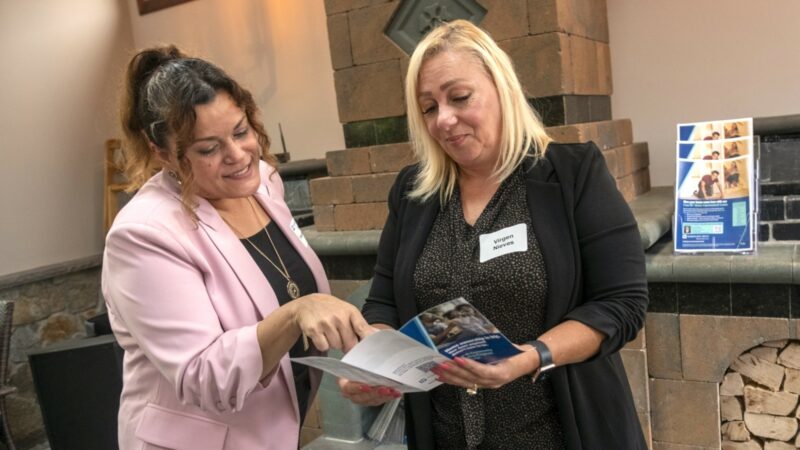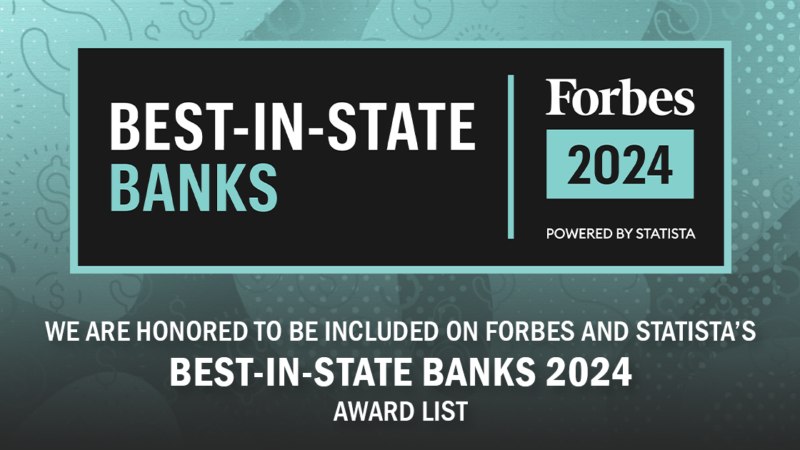Tips for Identifying a Fake Website or Email Scam

There are many different types of scams circulating via telephone, email or online. Sometimes the scam looks very convincing and it’s hard to tell if it’s legitimate. Keep in mind, as your trusted advisors – Washington Trust is here to help! Before sharing contact, personal or banking information; take a moment to review the tips below. If you’re still not sure, contact our Customer Solution Center or visit any branch location before acting on a request.
Email Scams (AKA Phishing):
Email scams, also known as phishing scams, are designed to ask for information or direct to a website for information collection. You should avoid accessing a website or form without first verifying the authenticity of the request. Ask yourself – what information are they asking for? Should the company have this information? Have I already provided this information to the company in another way?
- Review for Accuracy - Most often a phishing email will have misspellings, randomly placed lower-case or upper-case letters and oddly structured sentences.
- Avoid Click Through Links – If you need to update information such as your address, phone number or email address, most companies will ask you to log into their secure website to update information. This ensures your information stays safe and secure. You can always contact Customer Service directly using the phone number provided on your most recent statement from the company to confirm the request.
- Be Aware – Phishing scams can take many forms, think about the information or request.
- Do you do business with company? If you do not do business with company, delete the message and keep scrolling.
- Are they asking for your username and password? Reputable companies should not ask for our Username and Password information.
- Are they asking for Debit Card or Account Information? Payment Options should be updated within a secure website to ensure your information remains secure.
If you receive an email and you are not sure of the validity, your best option is to contact the company directly using contact information on your most recent billing statement or from their business website. While using a search engine may bring you to the correct website, you may also click on a spoofed or fake website line.
Fake Websites (AKA Spoofing):
When a website has been designed to trick consumers into believing it’s a legitimate company, it’s called “Spoofing”. The website may use graphics and information that have the same look and feel of the company website you expect to visit, but there are usually tell-tale ways to root out a fake website:
- Check for HTTPS in the Web Address – The “S” at the end of HTTPS stands for Secure. This ensures that the website you are visiting meets certain safety and security protocols. If a website says only “HTTP”, the information you enter may not be securely encrypted.
- Double Check Web Address or URL – Before you click on a link, use your cursor to hover over the link and make sure that you’re going to the website you expect. Double check the spelling and look for typos. Scammers use typos to give the appearance of a valid website but then misdirect to a spoofed website.
- Look for a Privacy Policy – If you have already visited the site and are not sure if it’s valid, look for a Privacy Policy. Reputable websites are often required to provide a Privacy Policy. Look for the Policy at the bottom of page or use the website’s Site Map or Search bar.
As a reminder, Washington Trust will never ask you for any private information (such as account numbers, passwords, PINs, social security numbers, etc.) for any of our products through an unsolicited email, website form or telephone call. If you receive any such request, do not respond to it. Please notify us immediately at (800) 475-2265. If you have any questions, please contact our Customer Solutions Center.
Need help or have additional questions?
Call our Customer Solutions Center at (800) 475-2265 or email us today!
Contact a Trusted Advisor
For more information or to speak with one of our trusted advisors about your unique financial needs, contact us at 800-475-2265 or submit an online form.











